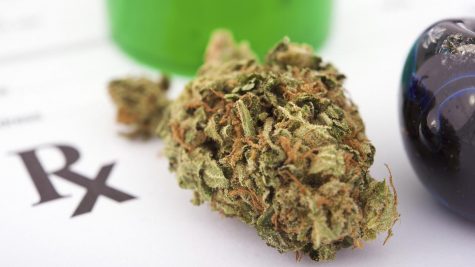Texas unexpectedly closes application process for new medical cannabis dispensaries
Medical cannabis business owners in Texas are demanding an explanation after the Texas Department of Public Health and Safety closed the application process for new dispensary permits without warning on Wednesday, October 9.
Initially, the department had planned to accept applications up until November 1, 2019, but the application process was revoked after just one week. The sudden termination of cannabis dispensary permit applications in Texas has come as a shock to the many hopeful business owners who were keen to get involved in the state’s budding industry.
“The department will continue to assess dispensing capacity requirements, along with the need for any additional licenses, as we work through recent legislative changes to the program,” a spokesperson from the department explained to a local news site.
With a population of 28.7 million in 2018, the huge state’s medical cannabis consumer demographic will now be limited to purchasing their medicine from just a handful of dispensaries.
Just three dispensaries were approved by the Department last year – Consortium Texas, Compassionate Cultivation and Surterra Texas. The minimum number of permits that the state was required to issue in 2018 was just three; 43 businesses submitted applications to the agency.
Patients are left with limited options to buy medical cannabis in Texas
The fact that cannabis dispensary permit applications in Texas have been put on hold means that there are minimal options for state residents to purchase their medicine. Concerns have arisen from law enforcement officials, many of whom are worried that people may try to purchase cannabis from the black market.
Lack of supply is being met with increased demand for the plant, putting patients in a position whereby they may even feel the cross state lines and make an illegal purchase.
The Executive Director of the Texas NORML, Jax Finkel, is among the concerned.
“I find it concerning that a week into the application process it’s suspended with no notice and no clear communication with doctors, patients or the general public,” said Finkel.
Since the state expanded its list of qualifying conditions for medical cannabis back in June – following the signing of House Bill 3703 by Governor Greg Abbot – there are now essentially even more Texans relying on state-licensed dispensaries to stock their medicine.
Fort Worth-based Republican Stephanie Klick is a state representative and sponsor of HB 3703. She recently explained to reporters that medical cannabis business license applicants in Texas need not worry too much about the delay in the application process.
Klick believes that the state will soon recommence with the reviewing of medical cannabis business applications in Texas. She attributes the predicament to the fact that qualifying conditions were expanded in mid-2019, thus causing lawmakers to reassess applicants.
“Hang tight for now,” Klick commented. “This is likely just a temporary delay until we know which of the incurable neurodegenerative conditions are appropriate to be included on the list.”
An overview of medical cannabis in Texas
Texas legalized cannabis for medical purposes in 2015 under the terms of the Compassionate Use Act. After Gov. Abbott signed HB 3703 into law back in June, a handful of qualifying conditions for enrollment in Texas’ medical cannabis program were added to the list.
Prior to the expansion of qualifying conditions for medical cannabis in Texas, only patients who have been diagnosed with intractable epilepsy were allowed to obtain pharmaceutical-grade cannabis treatments. Some examples of the newly added qualifying conditions include ALS, autism, cancer, Parkinson’s disease and various seizure disorders.
A major development took place earlier this year pertaining to cannabis reform in Texas – the passing of a decriminalization bill in the Texas House of Representatives. However, it stumbled in the Senate and is yet to be reconsidered. In spite of its demise, Texas’ cannabis decriminalization bill indicates progress for loosening restrictions on cannabis use, sale and possession in the state.











